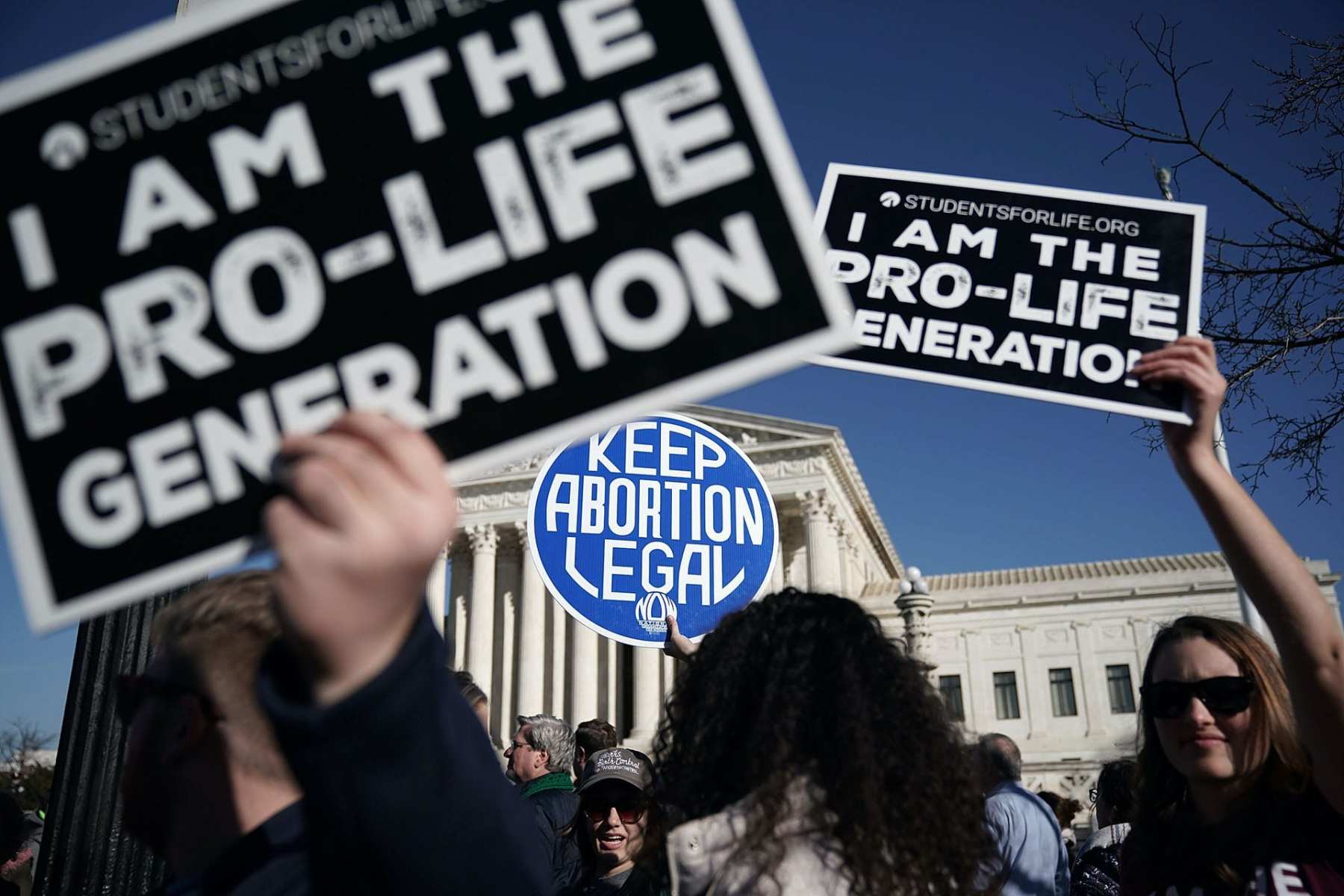Statehouses are on track to pass an unprecedented level of abortion restrictions this year, with 28 signed into law this past week.
Since January 1, 61 abortion restrictions have passed in 13 different states, per a new report by the Guttmacher Institute, which tracks reproductive health policy. Of the laws passed this year, eight would entirely outlaw abortions if Roe v. Wade, the 1973 Supreme Court decision guaranteeing the right to the procedure, is overturned.
If the pace continues, this year could see the highest number of abortion restrictions signed into law since Roe v. Wade went into effect. The previous record was reached in 2011, when 92 abortion restrictions took effect; by this point in the calendar year, 42 of those 92 had been signed.
Because it usually takes 30 to 60 days for a law to take effect, the full impact of those laws will be felt later this year, said Elizabeth Nash, who tracks state policy for Guttmacher.
And many of the bans passed this week likely will be immediately held up in court, such as two laws that ban abortion at six weeks, and another that would almost entirely outlaw the procedure.
Nash suspects that other laws could be subject to litigation — including limitations on medication abortion, or a new Oklahoma law that would only allow OB/GYNs to perform the procedure — but it’s not immediately clear if they would be halted from taking effect.
Several state legislatures, including those in Texas and Oklahoma are considering enacting more abortion restrictions. Some Florida lawmakers are also eyeing new laws, including a ban on abortions if the fetus has a genetic abnormality. And Louisiana — which has a Republican-led statehouse and whose Democratic governor has also backed abortion restrictions — typically puts forth new abortion limitations later in the legislative session, sometime around May.
“There isn’t a sense of this slowing down,” Nash said.
The surge in bans puts new pressure on the U.S. Supreme Court, which may take up an abortion case next term. Many legal observers expect the court, which has a 6-3 conservative majority, to ultimately rule in favor of more abortion regulations. That could potentially undercut the Roe v. Wade standard and open the door to legalizing full abortion bans that have passed this year.
President Joe Biden campaigned on further enshrining abortion access, but — despite pressure from reproductive health advocates — has been quiet on the issue since taking office. Though he has taken steps to undo reproductive health restrictions created by former President Donald Trump, Biden did not mention abortion access in his joint address to Congress on Wednesday night, and has not pushed for any federal legislation that might maintain abortion rights.
“We haven’t seen much action,” Nash said. “There’s certainly a lot that Congress and the president could be doing to move abortion protections, to really put their money where their mouth is.”






